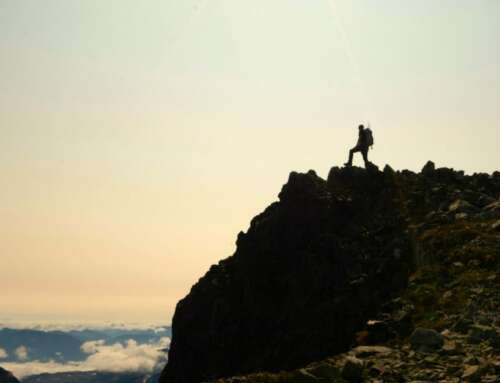The great outdoors used to be the playground and learning place for many children. However, with the introduction of new technologies and changing lifestyles, children are spending more and more time sitting still and interacting with a screen rather than with nature.
Gone are the long hours of unstructured play mucking around in the backyard or going for bushwalks. Instead many children have their free time all mapped out for them with supervised activities.
The National Wildlife Federation in America reports that “today’s kids spend four to seven minutes outside per day” compared to seven hours of time spent engaged with electronic media.
How to get some green time in your child’s life
Green Hour – a great website setup inn 2007 by the National Wildlife Federation. It gives parents the inspiration and tools to make the outdoors a part of daily life, suggestions about the kinds of play children can do outside that keeps direction to a minimum while allowing them to explore.
Camping – this gives children a great opportunity to experience the great outdoors and really get immersed in nature. It is their time to go wild
A daily green hour – explore the garden, go to the part or just walk around the block.
Screen free – this is a scary thought for many children, but if the TV, play station or computer is off limits for even a short while each day then most children will happily play, imagine, explore and create outside for hours on end.
Making the garden a natural playground – for some great ideas on building a natural table and chairs, a garden loom or other outside fun ideas you can go to Little Eco Footprints.
Andrew Fuller, child psychologist and Right 2 Childhood speaker talks about unstructured play time and its importance “We live in a world that suffers from attention deficit disorder. We rush children from activity to activity, from lesson to lesson and from one organised event to another. Then we wonder why, when there is a lull that they say” I’m bored”. Be a counter-revolutionary. Find some time each week”.
Experts are saying that it is time to bring back unstructured play outside and a green hour a day will help kids develop much needed skills including problem solving, social interaction, leadership behaviour, perseverance, sharing of ideas and discovers and co-operative play.
Todd Christopher, author of The Green Hour, talks of the ‘nature deficit disorder’ that many children experience today. He says “A green hour is simply a time for families to unplug, unwind, and recharge as they reconnect to the natural world – and to each other”.
According to Richard Louv, author of Last Child in the Woods, direct exposure to nature is essential for healthy childhood development and for the physical and emotional health of children.
He says “A growing body of scientific evidence identifies strong correlations between experience in the natural world and children’s ability to learn, along with their physical and emotional health. Stress levels, attention-deficit hyperactivity disorder, cognitive functioning—and more—are positively affected by time spent in nature.”
A recent US study, An Investigation of Unstructured Play in Nature and its Effect on Children’s Self-Efficacy, took 21 young people aged 8 to 12 years of age and investigated whether unstructured play in nature had an effect on children’s self-efficacy.
It found “that outdoor unstructured play may be essential to core mastery in children: it has been linked to improvements in cognitive, behavioral, and even physical functioning.”
The report concluded that “childhood play in undeveloped, naturally wooded or vegetated wild lands helps children develop navigation and survival skills.”
“Running, jumping, lifting, debating, fighting and problem resolution are all part of children’s play. They learn how their bodies relate to and move through the world around them. Outdoor play in nature requires kids to climb, reach, grasp, lift, make decisions, and pay attention to surrounding land formations and terrain. Outdoor play engages children in their entirety: physically, cognitively, and emotionally.”
The study Resurrecting free play in young children, by Burdette and Whitaker also concludes that free play can help regulate many emotional states such as depression, aggression, anxiety, and sleep problems.
Writer Helen Splarn. Editor Dr Ramesh Manocha.
Source: Starling, Paul E., “An Investigation of Unstructured Play in Nature and its Effect on Children’s Self-Efficacy” (2011). Doctorate in Social Work (DSW) Dissertations. Paper 15. Little Eco Footprints.







Leave A Comment